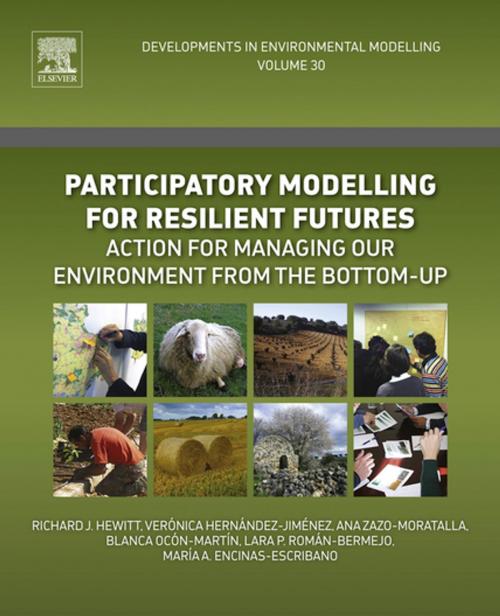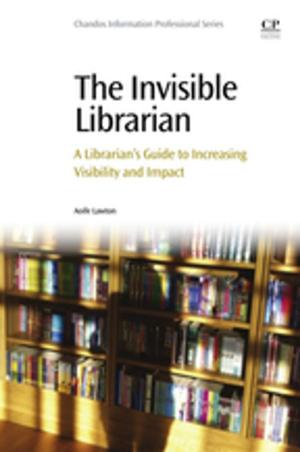Participatory Modelling for Resilient Futures
Action for Managing Our Environment from the Bottom-Up
Nonfiction, Science & Nature, Science, Biological Sciences, Environmental Science, Technology, Nature| Author: | Maria A. Encinas-Escribano, Richard J. Hewitt, Veronica Hernandez-Jimenez, Ana Zazo-Moratalla, Lara Román-Bermejo, Blanca Ocón-Martín | ISBN: | 9780444639837 |
| Publisher: | Elsevier Science | Publication: | November 13, 2017 |
| Imprint: | Elsevier | Language: | English |
| Author: | Maria A. Encinas-Escribano, Richard J. Hewitt, Veronica Hernandez-Jimenez, Ana Zazo-Moratalla, Lara Román-Bermejo, Blanca Ocón-Martín |
| ISBN: | 9780444639837 |
| Publisher: | Elsevier Science |
| Publication: | November 13, 2017 |
| Imprint: | Elsevier |
| Language: | English |
Participatory Modelling for Resilient Futures: Action for Managing Our Environment from the Bottom-Up, Volume One provides an important contribution to environmental management by introducing an integrative framework for participatory research for better land use and natural resource planning, organized around compelling recent case studies. It is a valuable guide for the increasing number of students looking for solutions in sustainability science and also practitioners who are on the ground working with local communities to improve specific places.
The book was developed in response to the need to provide a clear and synthetic account, in accessible and non-technical language, of the way in which innovative integrative research can help solve real world human-environment interaction problems at a range of levels and scales, e.g., participatory modelling to secure a sustainable future for a natural protected area, working with stakeholders to break the deadlock on renewable energy implementation in Europe or tackling social exclusion and reducing food carbon footprint through local agroecology schemes.
- Makes modeling approaches accessible so environmental and natural resource managers can make more precise decisions, accounting for a positive and negative impacts of ecosystem changes
- Provides recent real cases to demonstrate implementation of the concepts, allowing the reader to see how to bridge scientific research and societal needs in order to effectively translate knowledge into action
- Provides an integrated perspective incorporating science, politics and society, as well as a toolbox of methodologies to enhance participation and engagement of key stakeholders
Participatory Modelling for Resilient Futures: Action for Managing Our Environment from the Bottom-Up, Volume One provides an important contribution to environmental management by introducing an integrative framework for participatory research for better land use and natural resource planning, organized around compelling recent case studies. It is a valuable guide for the increasing number of students looking for solutions in sustainability science and also practitioners who are on the ground working with local communities to improve specific places.
The book was developed in response to the need to provide a clear and synthetic account, in accessible and non-technical language, of the way in which innovative integrative research can help solve real world human-environment interaction problems at a range of levels and scales, e.g., participatory modelling to secure a sustainable future for a natural protected area, working with stakeholders to break the deadlock on renewable energy implementation in Europe or tackling social exclusion and reducing food carbon footprint through local agroecology schemes.
- Makes modeling approaches accessible so environmental and natural resource managers can make more precise decisions, accounting for a positive and negative impacts of ecosystem changes
- Provides recent real cases to demonstrate implementation of the concepts, allowing the reader to see how to bridge scientific research and societal needs in order to effectively translate knowledge into action
- Provides an integrated perspective incorporating science, politics and society, as well as a toolbox of methodologies to enhance participation and engagement of key stakeholders















